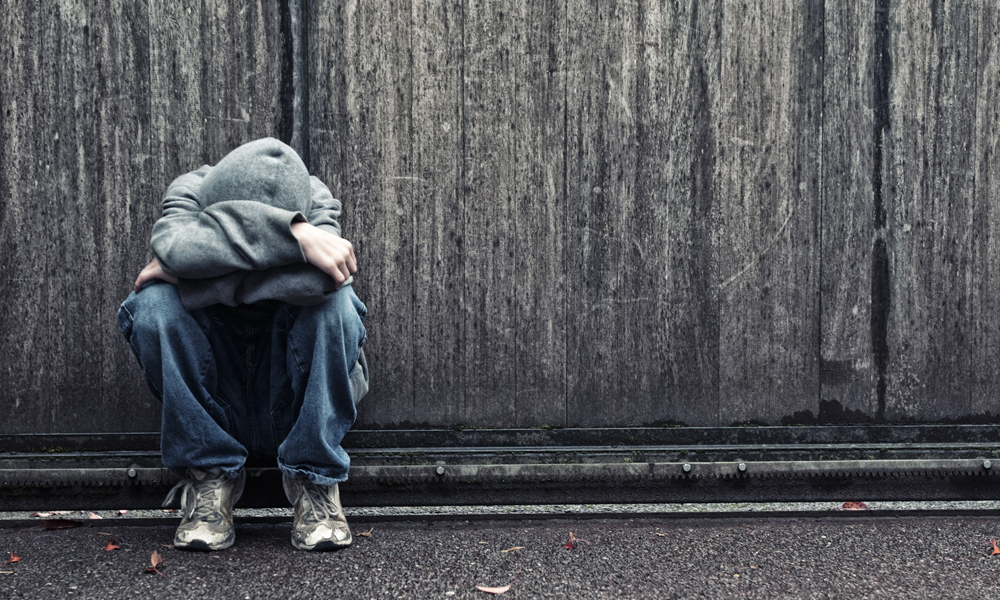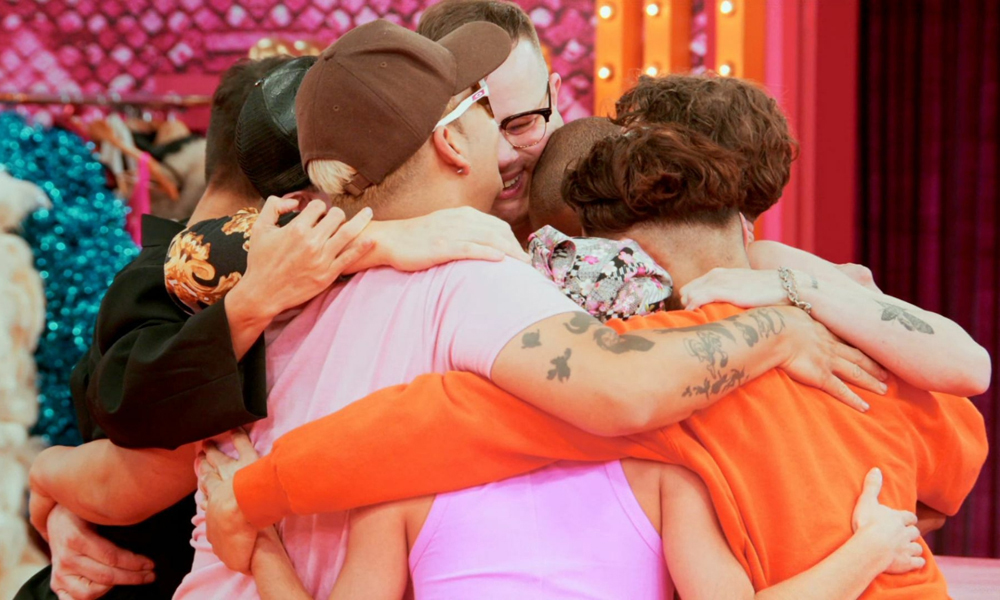Creating safe spaces for 2SLGBTQ+ youth all year long…
By: Alex Abramovich, Sharu Kunasekaran and Amanda Moss
“Going to Pride, was just like, this is actually a thing this isn’t just, you know, me having, I don’t know a phase because my family was like ‘this is probably just her trying to get attention’. It was more this feeling of […] that sense of community. There are people who identify the way that I identify who aren’t going to be like, you’re just having a phase or you’re just confused or you’re just looking for attention…I think it helps with understanding yourself.” – (Katniss, 22)
Pride is, and has always been, political. While we join our communities to celebrate our identities and existences, which were not always deemed valid, we must remember that Pride is not just a party nor is it isolated to the month of June. It is imperative to honour and reflect on the roots of Pride and the seeds that planted modern day 2SLGBTQ+ rights: the Stonewall Inn riots – an act of resistance against police brutality and state violence, led by 2SLGBTQ+ people of color who were mostly youth experiencing homelessness.
This year, Pride admittedly looks different for us all. Some of us are attending festivities online and watching virtual rallies which have replaced the usual parades. While, those of us who are most marginalized within 2SLGBTQ+ communities are fighting stronger than ever to have our basic needs met, such as food and shelter, during the COVID-19 pandemic. Unfortunately, for many of us on the margins, challenges accessing services and meeting basic needs is not a new phenomenon. 2SLGBTQ+ youth are overrepresented among youth experiencing homelessness and make up to 40% of the homeless youth population, often due to identity-based family rejection.
The COVID-19 pandemic has impacted all of us in different ways. Some of us continue to struggle to access food and shelter. In an ongoing study focused on the impacts of COVID-19 on 2SLGBTQ+ youth experiencing homelessness, we found that approximately 33% of youth were living in a public space, vehicle, or vacant building since the pandemic started compared to approximately 13% prior to the pandemic.
Many services typically available to people in crisis have had to close their doors and stop accepting new clients, making it especially difficult for those in need to access the services and supports they rely on. This is a devastating loss for anyone; however, for some 2SLGBTQ+ youth, this is extremely dangerous. Far too many 2SLGBTQ+ youth have been forced back into abusive and unsafe home environments where they are unable to live authentically. One young person we interviewed said:
“You’re isolating 24/7 with your emotional and psychological and religious abusers and that has been pretty awful to say the least. I’ve had nervous breakdowns, I’ve had panic attacks, I’ve had anxiety attacks, I’ve had very severe depressive episodes.” – (Cece, 26)
The added stress and stigma of not having a safe place to call home, often due to family rejection, negatively impacts 2SLGBTQ+ youths’ mental health, resulting in significantly higher rates of depression, anxiety, substance use, and suicide, compared to heterosexual and cisgender youth. One young research participant recently told us that her mother said that:
“I make her sick to her stomach and that she wants to throw up because of me and I put her under so much stress and that she wants to kill herself because of me […] it was heartbreaking and I didn’t feel safe at home. So that’s when I left’.
From the Stonewall riots, a rebellion that rose up against threats to a safe community space, to the COVID-19 pandemic, it is loud and clear that 2SLGBTQ+ youth experiencing homelessness rely on community spaces and supports to authentically exist in liberation from the shackles of unsafe family homes and social discrimination. These spaces are where we belong, and where we pour care into one another – both of which are paramount to our wellbeing and feeling whole and dignified in our authentic identities.
Imagine trying to find safety as a queer or trans youth, at this present moment in history? The intersection of mental health and COVID-19 is very real, particularly for 2SLGBTQ+ individuals. We know that 2SLGBTQ+ people have been more likely to report COVID-19 related economic and service impacts, including lay-offs and reduced hours. Social isolation and physical distancing measures have impacted 2SLGBTQ+ people in numerous ways, considering how prevalent stigma, identity-based rejection, and discrimination is in the lives of 2SLGBTQ+ folks, even prior to the pandemic.
Housing, employment, healthcare, and social service systems are often not constructed for, or trained appropriately to meet the specific needs of 2SLGBTQ+ individuals, especially those who navigate systems with multiple marginalized identities and experience multiple forms of oppression and stigma related to racism, transphobia, and homophobia. The systems that we currently have in place, which are meant to serve, protect, and support those in need, often perpetuate violence and discrimination against 2SLGBTQ+ people. Accessing housing and healthcare as a 2SLGBTQ+ person can be a challenging and stressful experience filled with many obstacles, especially since the pandemic.
More than ever, 2020-2021 has demonstrated that young people need positive role models. 2SLGBTQ+ youth need people to look up to that can inspire them to be their full authentic selves, especially in a world that often makes them feel like their existence is not important and that their needs cannot be met. We must prioritize 2SLGBTQ+ populations and create inclusive environments where people can be who they are, receive the care they deserve, and learn to celebrate their unique identities. In our healthcare. In our housing. At our jobs. In our families. Everywhere.
This year during Pride, let’s not forget that “none of us are free until all of us are free”.
—
DR. ALEX ABRAMOVICH is a Scientist at the Institute for Mental Health Policy Research at the Centre for Addiction and Mental Health (CAMH) and an Assistant Professor at the Dalla Lana School of Public Health at the University of Toronto. His program of research focuses on 2SLGBTQ+ health and homelessness. This piece was co-authored by SHARU KUNASEKARAN and AMANDA MOSS, two Research Analysts on his team.






POST A COMMENT